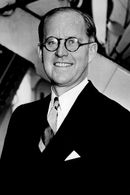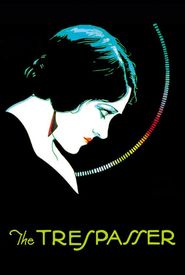Patriarch of a renowned political dynasty, Joseph Patrick Kennedy embarked on a brief yet remarkable career in Hollywood, solidifying his status as a pioneering financier in the movie industry. Born to a humble East Boston upbringing, where his father worked as a barkeeper and politician, Kennedy's privileged education at Boston Latin School and Harvard laid the groundwork for his future successes.
In 1914, Kennedy married Rose Fitzgerald, the daughter of Boston's mayor, and by the age of 25, he was touted as "America's youngest bank president," thanks to his father and friends' ownership of the bank. His expertise in the stock market earned him the title of a prominent "operator" in the 1920s.
Kennedy's foray into Hollywood began in 1926 when he became the front man for Wall Street interests, taking the helm as chief executive of Film Booking Office, a distributor of low-budget features catering to unsophisticated audiences. He soon assumed control of Pathe and the Keith-Albee-Orpheum theater chain, utilizing his financial acumen to engineer the companies' growth.
Some of these entities merged to form a new major studio, RKO, further swelling Kennedy's already substantial fortune. A notable aspect of his Hollywood tenure was his business and romantic relationship with actress Gloria Swanson, as documented in her autobiography.
In the 1930s, Kennedy shifted his focus to politics, serving as an early fundraiser for Franklin D. Roosevelt and later becoming the first chairman of the Securities and Exchange Commission. He then assumed the role of U.S. ambassador to England from 1938 to 1940.
However, his pessimistic remarks about Britain's chances in World War II alienated Roosevelt and made Kennedy deeply unpopular in America. Following the war, Kennedy guided his surviving sons, John, Robert, and Edward, into politics, providing financial and strategic support for their campaigns.
In 1961, Kennedy suffered a stroke that left him unable to speak, but he remained aware of the many calamities that befell his family until his passing in 1969. Some speculate that the scandal surrounding his son Teddy at Chappaquiddick was the catalyst for his death, while others view Kennedy's relentless pursuit of success as a fatal flaw that he passed on to his sons, none of whom could transcend it.


















